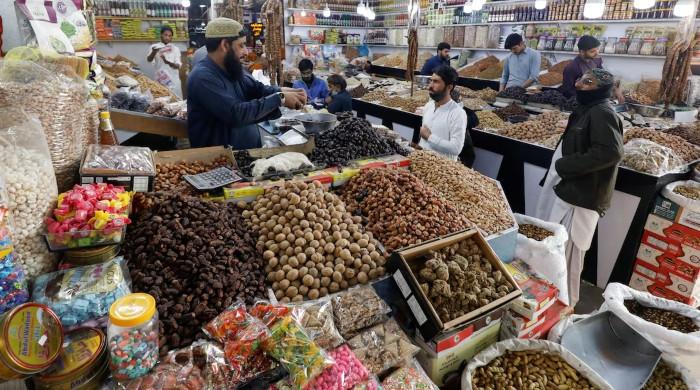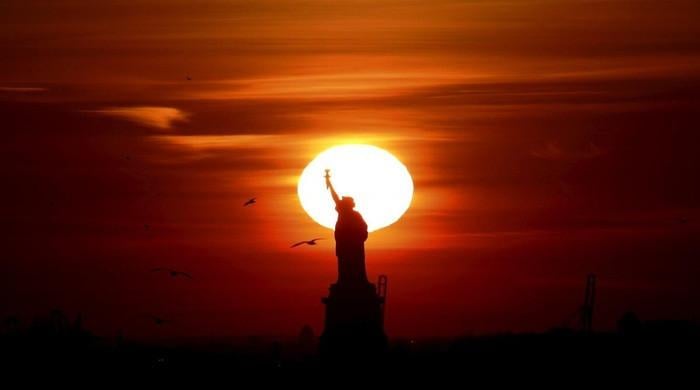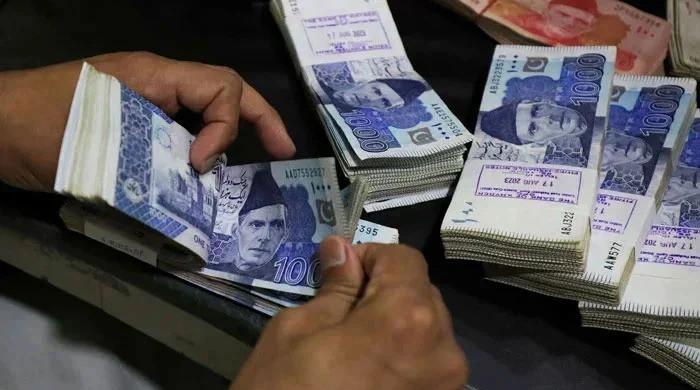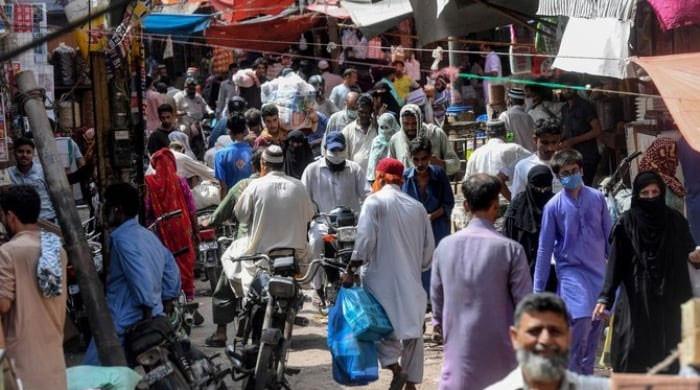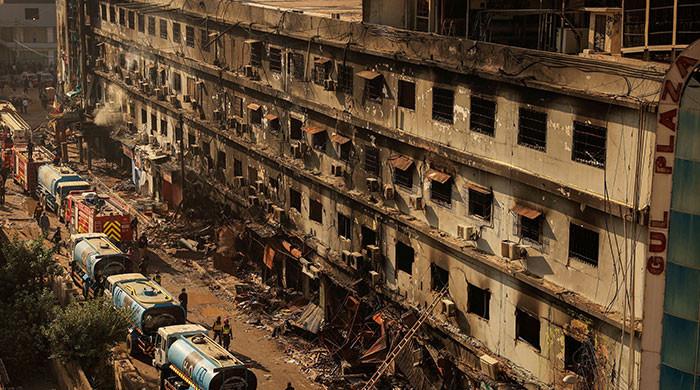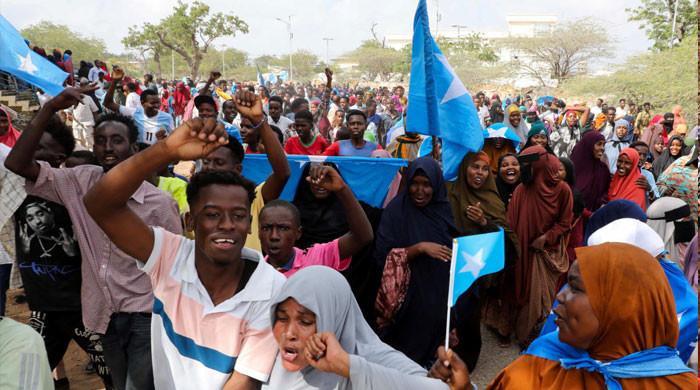The fear of free and fair elections
Until Pakistan comes out of the 'fear factor', the circus of 'fair and unfair' elections will continue
November 14, 2019
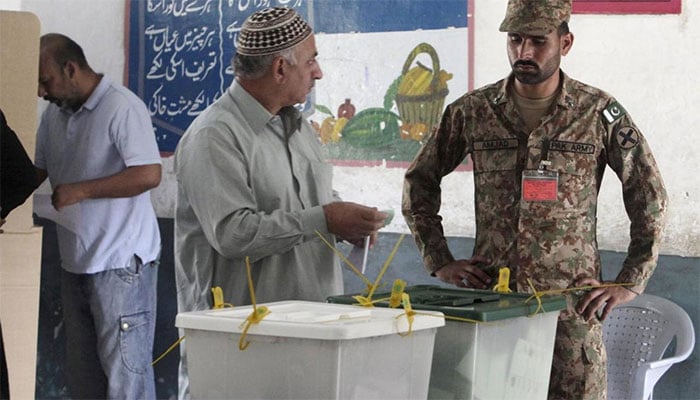
A 'fear factor' has continued to dominate Pakistan’s politics since the country's birth in 1947.
There is the ‘fear’ of ‘free and fair’ elections and its outcome. Take for example, the three polls held since 2008, of which two have remained largely controversial.
It is due to the 'fear factor' that results of the national polls are often decried ‘unfair’. Soon after each ballot, speculations begin to circulate about the involvement of certain institutions, which further lead to accusations of political engineering, formation of new political groups, alliances and counter alliances, manipulation and even distribution of money among political favorites.
Right or wrong, the allegations weaken the democratic system.
In the past few years, some attempts have been made to improve the electoral system through reforms such as giving more power and independence to the Election Commission of Pakistan (ECP). Furthermore, polls are now held under a neutral or caretaker set up. The interim government also comes into existence after consensus between the ruling and the opposition leadership, who also nominate the chief election commissioner and other ECP members.
But since the mechanism to conduct elections have more or less remained the same over the years, the electoral exercise is viewed suspiciously.
Let’s take a closer look at the last two elections, held in 2013 and 2018. It offers a glimpse into how things were managed before and after the polls, instead of on the polling day.
Political developments prior to the ballot have a large impact on the final verdict. For example, in 2008, after the assassination of former Prime Minister Benazir Bhutto, her political party’s victory was very much expected. Her loss made former President Asif Ali Zardari the main player.
In 2013, the Pakistan Tehreek-e-Insaf suspected foul play in Punjab and demanded reexamining the votes cast in four constituencies of the province. The judicial commission, formed to probe the polls, found several irregularities in the system but concluded that the election was by and large ‘not rigged.’
Now, as for the July 2018 ballot, there is not much evidence of wholesale rigging. But if you skim though the developments prior to the polls, such as the MQM factor, the sudden emergence of a rightwing political party the Tehreek-e-Labbaik, defections from South Punjab and the head spinning movements in Balochistan, it would not be difficult to see how things were managed. But would you call this “rigging” or “political engineering”?
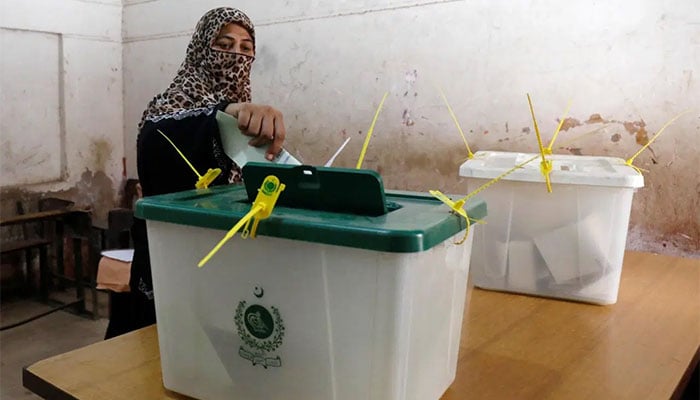
Then there are lessons from the past which force us, as a nation, to be more fearful of the future.
In 1988, the Islami Jamhoori Ittehad was cobbled together by the former ISI chief the late Gen. Hamid Gul, because he ‘feared’ the Pakistan People’s Party winning a two thirds majority. Fast forward to 1990, Benazir Bhutto’s government was dismissed on corruption charges. Soon after, it was ‘feared’ that she may return to power. In a bid to block her, a large amount of money was allegedly distributed amongst her political foes and a few editors/owners as well. I write ‘allegedly’, as the final verdict of the Asghar Khan or Mehran Bank case is still awaited.
In 1993, the Supreme Court decided against the dismissal of then Prime Minister Nawaz Sharif and his government. The move was blocked by President Ghulam Ishaq Khan because he 'feared' Sharif would impeach him, once back in office.
In 1999, General Pervez Musharraf staged a coup and rejected his dismissal by Sharif. When he held polls in 2002, he deliberately kept both Bhutto and Sharif out of the political process, ‘fearing’ their popular support.
Regardless of whether one agrees with Maulana Fazlur Rehman or not, it is my considered opinion that general elections in Pakistan are managed and controlled.
Why? Because the 'fear factor' prevents us from holding truly free and fair elections.
There was a ‘fear’ within the establishment of the then West Pakistan, that any fair elections would lead to a majority rule from East Pakistan.
This factor alone lead to political instability in the first ten years of the country’s birth, and resulted in the assassination of the first prime minister during a public meeting. It would not be difficult to find out why Liaquat Ali Khan’s assassin was immediately killed after he shot the prime minister.
General Ayub Khan, who later elevated himself as field marshal, also wanted political legitimacy through the controlled system of 'Basic Democracy,' to defeat Fatima Jinnah. Khan later violated his own 1962 constitution . Instead of handing over power to the speaker of the national assembly as per the constitution, he left the reins in the hands of another General, Yahya Khan.
General Yahya announced elections in 1970, and it was clear from the beginning what the outcome would be. The polls were smartly managed as political parties of the two wings were clearly polarized. The Pakistan Awami League barely nominated any candidate in West Pakistan and parties from this part of Pakistan, put up few candidates in East Pakistan.
When the League emerged as a majority party, the same 'fear factor' prevented Yahya Khan to hand over power to Sheikh Mujeeb.
Civilian leaders didn’t perform any better to shake off the ‘fear’. Z.A. Bhutto ruled Pakistan from December 1971 to July 1977. He announced general elections a year earlier in March 1977, knowing he would face a tough contest from a nine political parties alliance. The alliance later accused Bhutto of 'rigging' the polls and launched a protest movement, one of the most organized in Pakistan's history, which led to another martial law on July 5, 1977.
General Zia ul Haq promised 'free and fair' election within 90-days of coming to power, on Oct 16, 1977. Yet, a week before the polls a group of editors and owners belonging to rightwing publications warned Zia that a 'fair' election would lead to the PPP’s victory and a return of Bhutto. The general then postponed the election.
The 'fear' of Bhutto's return lasted for almost 11 years of his rule, and like Ayub Khan, he too tried to get political legitimacy, first through a highly rigged 'referendum' in 1984 and then through an election on non-party basis.
I don’t know what it would take for us to shake our fears, but I do know that unless we come out of the ‘fear factor’ this circus of 'fair and unfair' elections would continue.
Abbas is a senior columnist and analyst of GEO, The News and Jang. He tweets @MazharAbbasGEO





